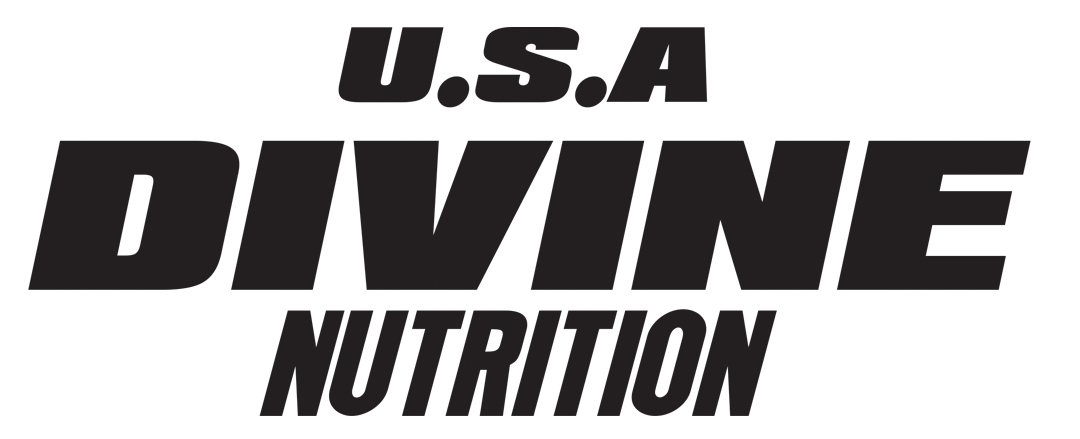Creatine is one of the most popular sports supplements in the world for mass gain. Creatine is a nitrogenous organic acid that helps provide energy to cells throughout the body, especially muscle cells. People may choose to take creatine supplements to enhance their athletic performance and help build muscle. Creatine is one of the most popular supplements among athletes and regular bodybuilders because it can help maintain ideal muscle energy.
Creatine has been shown to be effective in increasing muscle strength, muscle power, muscle size, overall athletic performance, and even improving certain areas of health.
Creatine, an ergogenic compound, is an important intermediate in the metabolism of muscle, brain and other tissues with high energy needs and fluxes. It is endogenously formed from the amino acids arginine, glycine and methionine in the kidneys and liver. Exogenously, creatine is primarily consumed through meat or as a dietary supplement.
Muscle tissue does not produce creatine, so it must receive creatine from the bloodstream. Once creatine enters the muscle cells, a high-energy phosphate is attached to it and is then known as phosphocreatine or creatine phosphate.
Since creatine supplementation is unlikely to increase bone mass or organ mass, the increase in lean body mass is more likely the result of an increase in muscle mass. Creatine will give you better training capacity and allow you to indulge in more rigorous training. It also helps you master explosive lifts, which are important in building muscle and bulk.
Types of Creatine
Creatine monohydrate is the most widely used form of creatine, all the benefits we associate with creatine use are increased muscle strength, size, and strength, all from creatine research. monohydrate. Creatine is a combination of the three amino acids glycine, L-arginine, and L-methionine. Most of the body's creatine is found in the muscles, although the brain also stores some creatine.
Creatine HCL, another form of creatine, is more beneficial than creatine monohydrate, even at lower doses, typically 1 to 2 grams per day. Because it is a microform of creatine. Since you consume less, you need less water, which helps reduce bloating and other digestive symptoms you may experience when taking monohydrates.
Other Benefits of using Creatine Supplement
Creatine can also help improve several other factors. These include improving post-workout recovery, temperature regulation, injury prevention, muscle recovery, spinal cord protection and concussion recovery. Creatine also enhances the effects of resistance training on strength and body mass. It supports older adults' quality of life, brain health and exercise performance. Vegetarians who may not get enough creatine from their diet and older adults may find supplementation especially helpful.
Divine Nutrition's - Creatine
Divine Nutrition's Creatine supplement formula is a combination of the best and most researched forms of creatine - Creatine Monohydrate and Creatine HCL - Creatine from Divine Nutrition helps dramatically improve physical performance and strength. It's made with the purest and finest quality of micronized creatine monohydrate and creatine HCL.
Divine's Creatine improves the body's stores of phosphocreatine, which helps to perform better during high-intensity training. It also increases performance in sports that require a lot of energy, such as swimming, sprinting and long jumping.
CONCLUSION
Don't take more creatine in hopes of getting more benefits from it, as the body can only use a limited amount at a time. This involves taking multiple doses of creatine during the week to quickly increase muscle stores, then reducing your daily intake to maintain high levels.
At higher doses over a long period of time, creatine supplementation can affect the liver or kidneys. People with kidney disease are advised not to use creatine, and caution is advised for people with diabetes and anyone taking blood sugar supplements. Taking high doses of creatine can affect various bodily functions, so some people may need to use creatine with caution. Anyone who is unsure whether it is safe to take creatine should consult a doctor.















